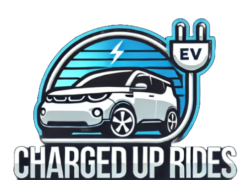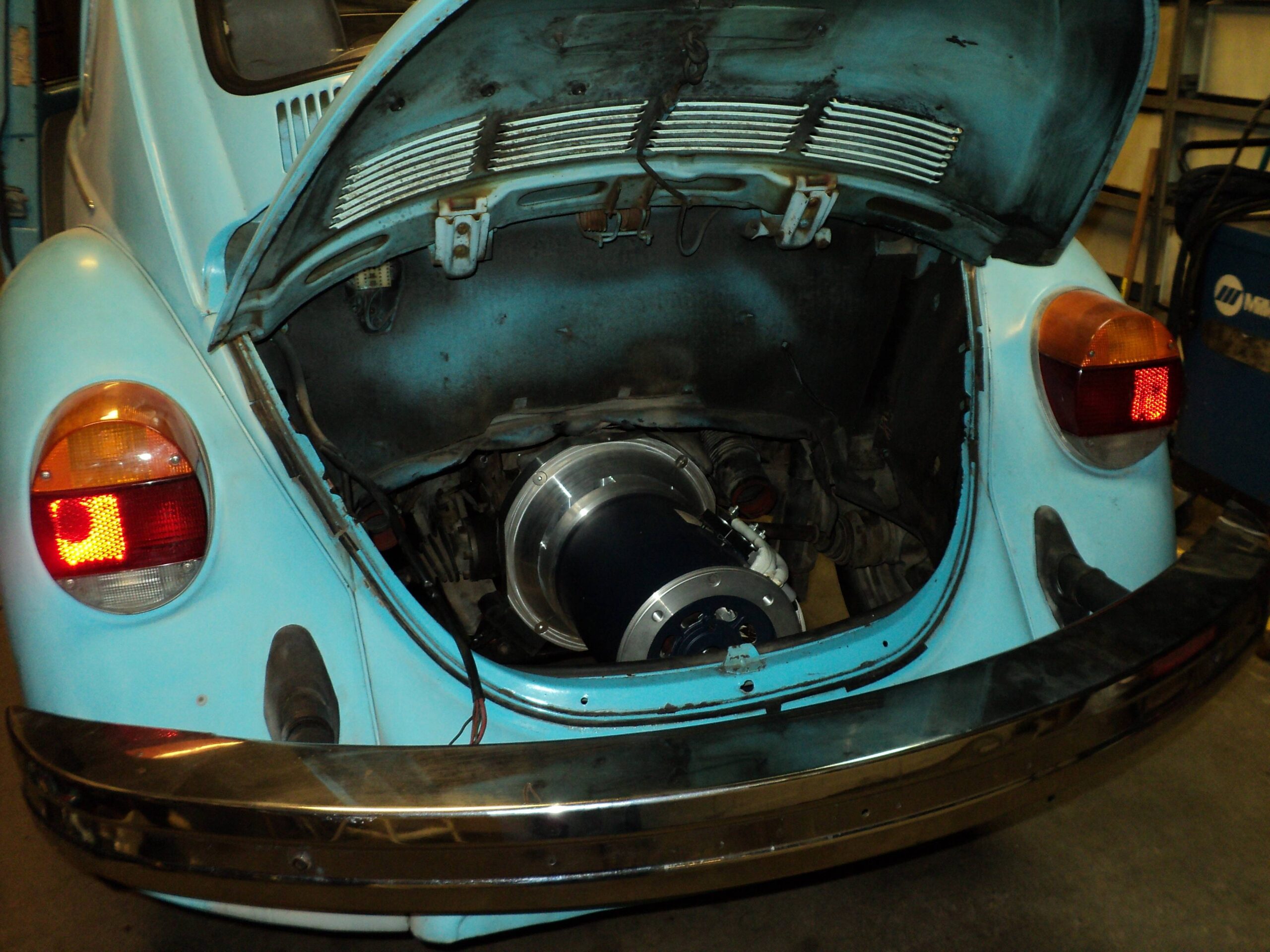Converting a VW Beetle to electric power is an exciting venture that not only modernizes a classic car but also contributes to sustainability. One of the most critical aspects of this conversion is selecting the right battery. This guide will help you navigate the various considerations and options available to ensure your electric Beetle performs optimally.
Understanding Your Power Needs
Calculate Your Desired Range
Before selecting a battery, it’s essential to determine how far you want to drive on a single charge. Most conversions aim for a range of 150 to 200 miles. The energy consumption of your vehicle will significantly influence the battery capacity you need.
- Energy Consumption: Typical energy consumption for a VW Beetle conversion is estimated between 200 to 300 watt-hours per mile (Wh/mi) depending on factors like weight, driving style, and motor efficiency.
To calculate the required battery capacity, use the formula:
Battery Capacity kWh =Range miles ×Energy Consumption Wh mi ÷1000
Battery Capacity kWh =Range miles ×Energy Consumption Wh mi ÷1000
For example, if you aim for a range of 150 miles with an average consumption of 250 Wh/mi, you would need:
150 miles×250 Wh mi=37,500 Wh or 37.5 kWh
150 miles×250 Wh mi=37,500 Wh or 37.5 kWh
Conversely, for a range of 200 miles:
200 miles×250 Wh mi=50,000 Wh or 50 kWh
200 miles×250 Wh mi=50,000 Wh or 50 kWh
Assessing Weight and Space
Batteries can be heavy, and their placement affects the vehicle’s weight distribution and handling.
- Weight Distribution: Ensure that the total weight of the battery pack is well-distributed, ideally placing some weight in the front and rear to maintain balance.
- Space Constraints: The VW Beetle has limited space for battery installation. Common locations include the front trunk and rear luggage area. Measure these spaces carefully and consider using battery enclosures to protect the cells.
Choosing the Right Battery Type
Lithium-Ion vs. Lead-Acid
When it comes to battery types, lithium-ion batteries are generally preferred over lead-acid batteries for several reasons:
- Energy Density: Lithium-ion batteries have a higher energy density, meaning they can store more energy in a smaller and lighter package. This is crucial for maintaining the Beetle’s performance and handling.
- Lifespan: Lithium-ion batteries typically have a longer lifespan and better cycle performance than lead-acid batteries, which can degrade quickly under deep discharge cycles.
- Cost: While lithium-ion batteries are more expensive upfront, their longevity and efficiency often make them more cost-effective in the long run.
Recommended Battery Options
- Tesla Battery Packs: Many conversions use repurposed Tesla battery packs due to their high energy density and reliability. For instance, a 25 kWh Tesla battery pack can provide around 80 to 90 miles of range, making it a popular choice for Beetle conversions.
- LiFePO4 Batteries: Lithium Iron Phosphate (LiFePO4) batteries are known for their safety and thermal stability. They are a good option if you prioritize safety and longevity over maximum energy density.
- Custom Battery Packs: Some enthusiasts choose to build their own battery packs using individual lithium cells. This option allows for customization in terms of capacity and configuration but requires a good understanding of battery management systems (BMS) and safety protocols.
Battery Management System (BMS)
A BMS is essential for monitoring the health and performance of your battery pack. It helps to:
- Balance Cells: Ensures all cells in the battery pack charge and discharge evenly, extending the lifespan of the battery.
- Monitor Temperature: Protects the battery from overheating, which can lead to failure or fire.
- Provide Safety Features: Includes over-voltage, under-voltage, and short-circuit protection.
Charging Considerations
Charging Infrastructure
Choose a battery that is compatible with available charging infrastructure. Most conversions utilize a J1772 charging port, allowing for Level 1 and Level 2 charging.
- Charging Time: Consider the charging speed of your battery pack. A higher-capacity battery may take longer to charge, so plan your charging strategy accordingly.
Home Charging Setup
Installing a home charging station can significantly reduce downtime and enhance convenience. Ensure your electrical system can support the charging requirements of your battery pack.
Conclusion
Choosing the right battery for your VW Beetle conversion is a critical step that impacts performance, range, and overall satisfaction with your electric vehicle. By calculating your power needs, selecting the appropriate battery type, and implementing a robust battery management system, you can ensure a successful conversion that breathes new life into your classic Beetle. With careful planning and consideration, you’ll be well on your way to enjoying the benefits of electric driving while preserving the charm of this iconic vehicle.

